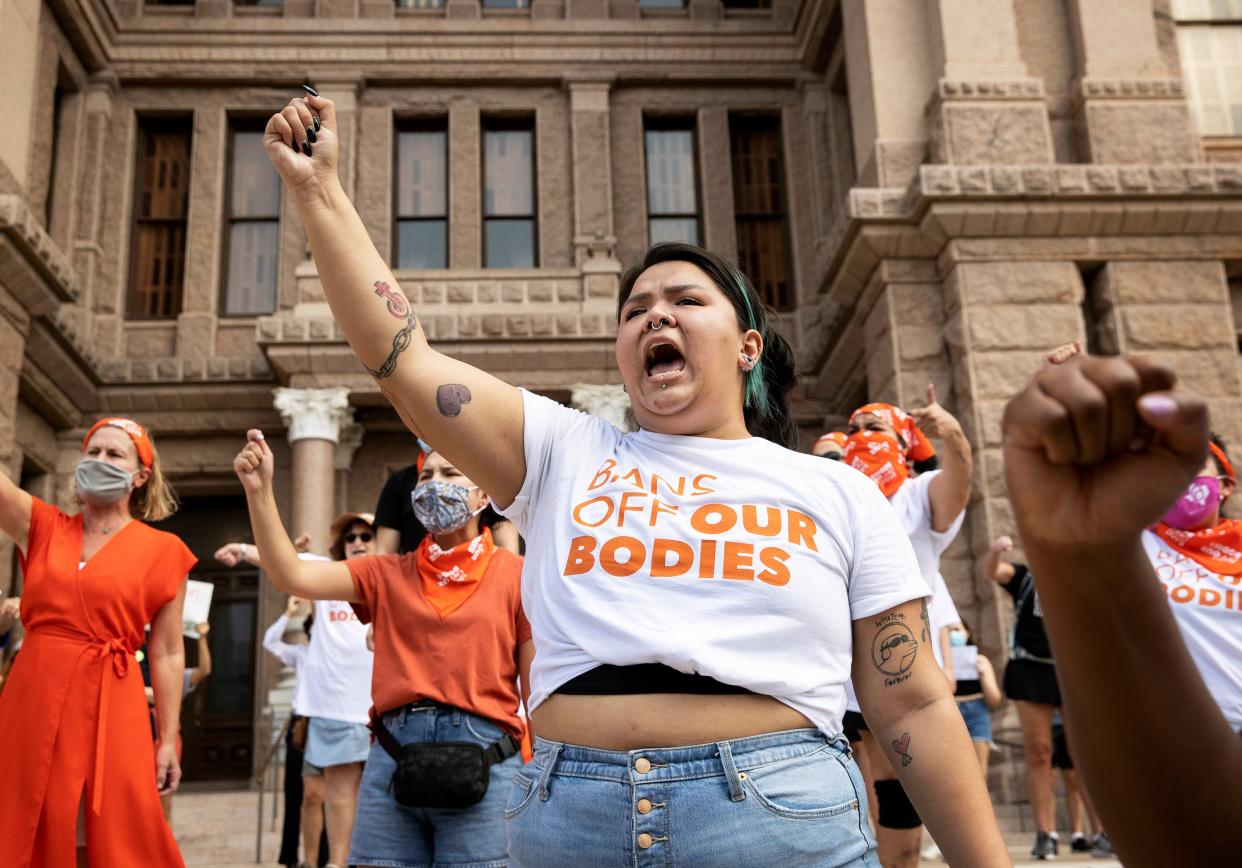Texas doctor reveals he performed abortion in violation of Texas’s six-week ban

A Texas gynecologist revealed on Sunday that he had performed an abortion in violation of the state’s new ban on the procedure after six weeks into pregnancy that came into effect earlier this month.
In a Washington Post op-ed, Dr Alan Braid wrote that he performed the procedure on a woman who was in the first trimester of her pregnancy but had passed the six-week threshold after which having the procedure is now illegal in Texas. He performed the abortion on 6 September, five days after the ban went into effect.
“I fully understood that there could be legal consequences – but I wanted to make sure that Texas didn’t get away with its bid to prevent this blatantly unconstitutional law from being tested,” wrote Dr Braid.
While knowingly in violation of the new law, Dr Braid is not without support. He writes later in the op-ed that his clinic, the Alamo City Surgery Center at Methodist Hospital Stone Oak in San Antonio, is represented by the Center for Reproductive Rights, which is working on the legal challenge to Texas’s new law hoping to see it tossed out by the US Supreme Court.
Other abortion clinics in the state have not been so lucky. Many have ceased offering abortions almost entirely if not altogether, as few women know they are pregnant before six weeks into the pregnancy.
Liberals and other supporters of abortion rights were outraged earlier this month when the US Supreme Court and its newly-cemented conservative majority declined to hear an emergency plea and halt the law from taking effect, thought the ruling was not the Court’s final judgement on the case. By allowing it to take effect, however, the Court effectively rolled back abortion rights for millions in the state, a decision that drew sharp criticism from its left-leaning wing.
Though the right to an abortion is established court precedent under the Roe V. Wade decision, the Texas law is uniquely crafted in a way that bars state officials from enforcing its provisions and instead deputises state residents with promises of reward money for filing successful lawsuits against abortion providers and others accused of violating the ban, excluding patients. That provision of the law was cited by the Court’s majority as their reasoning for letting it take effect while the merits of the ban itself are discussed.
In his op-ed, Dr Braid concluded that the new law harkened back to the 1970s, when it wasn’t respected by state lawmakers that abortion was a necessary part of women’s health care; in particular, he sharply criticised the law’s lack of exceptions for cases of rape or incest. The law does have very narrow exceptions for the case of the mother’s life being in danger or the patient being at risk of serious bodily harm.
“I have daughters, granddaughters and nieces. I believe abortion is an essential part of health care,” Dr Braid wrote in the Post. “I have spent the past 50 years treating and helping patients. I can’t just sit back and watch us return to 1972.”

